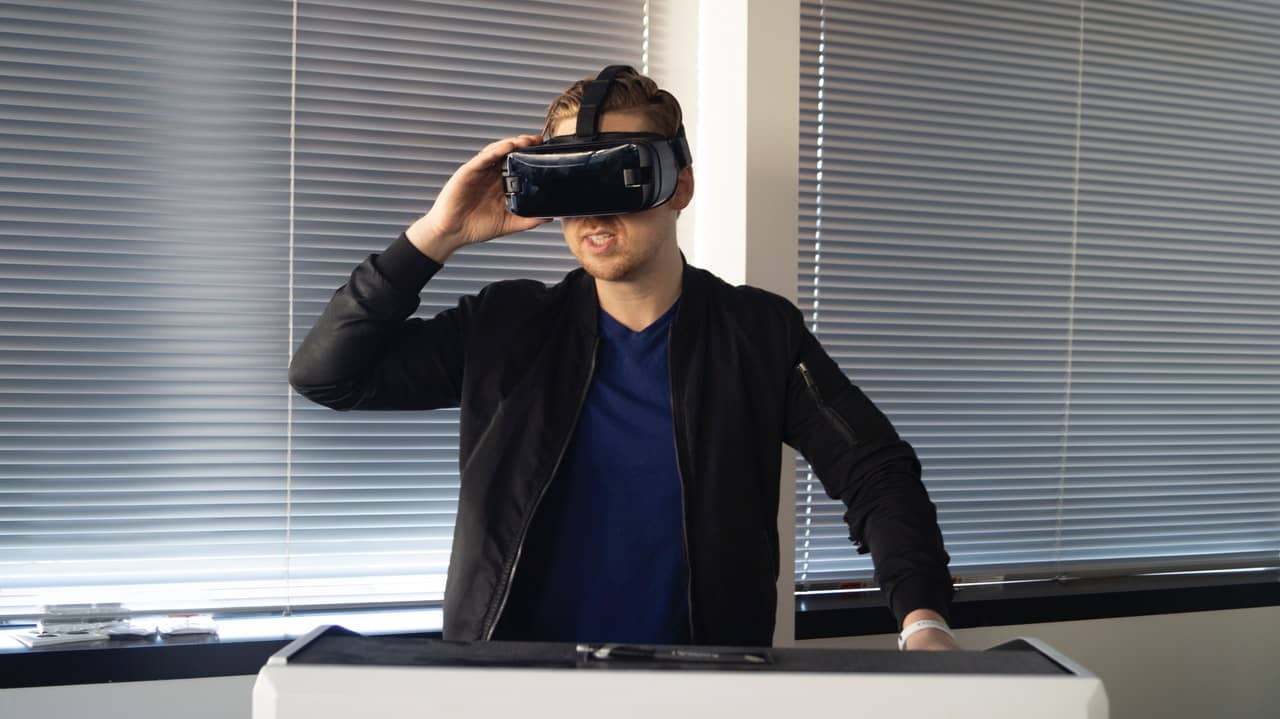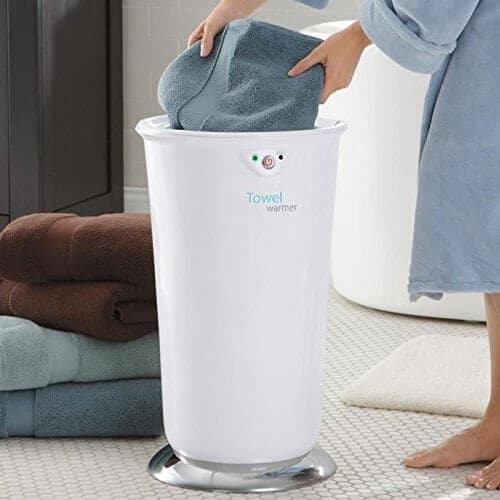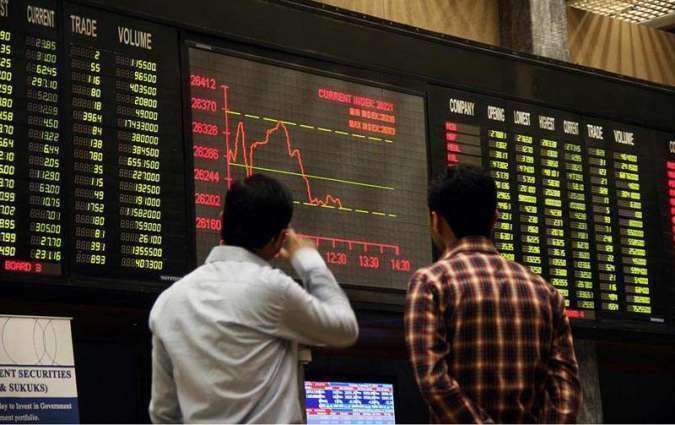GMP manufacturing technicians operate and maintain high-tech equipment and machinery in a cleanroom environment. They perform daily PMs and quality monitor responses to minimize downtime in production areas. They also work to sustain good documentation best practices in electronic notebooks and equipment logbooks. Lastly, they collaborate with process development scientists to draft final process verification development documents.
Operate and Maintain Equipment
You operate equipment that produces clinical products in controlled environments as a GMP manufacturing technician. It includes autoclaves, filtration, CIP skids, and other automated process systems. You also perform maintenance and calibrations on this equipment. To guarantee that the caliber of your work satisfies specific criteria, you must adhere to cGMP standards and processes. You recognize issues and take action by utilizing your understanding of best practices. You must also maintain accurate documentation to show that you followed the proper steps. You work alongside Quality Assurance and other personnel to deliver high-quality products to your client. You must adhere to all cGMPs, SOPs, and additional company regulations to be successful in this role.
Perform Cleaning
GMP manufacturing technicians perform sanitization and cleaning per governing SOPs in Grade A/B GMP spaces. They perform cycle counting and inventory of sanitization supplies and gowning articles for timely reordering. In discrete manufacturing, the technician operates equipment to make different products in a controlled environment with strict protocol adherence. In this type of manufacturing, the technician may use CNC machine tools, 3D printers, welding machines, industrial lathes, and stamping or forging machines.
Perform Quality Control
GMP manufacturing technicians must perform quality control functions that ensure correct production procedures. They review their work and those of their co-workers to ensure adherence to internal protocols and external regulations. They sample and inspect raw materials, packaging, intermediates, and bulk drugs to account for their presence in a batch. They also record evidence of tampering, contamination, and temperature excursions. They collaborate with process development scientists to draft and issue required documentation for laboratory-based activities. They also follow good documentation practices in electronic notebooks and equipment logbooks. They may be involved in drafting and implementing new quality SOPs and supporting investigations in the event of significant deviations. They typically work a rotating shift schedule that often includes weekends. They are paid hourly.
Maintain Records
A GMP manufacturing technician maintains records in compliance with GMP regulations. It includes drafting and reviewing documentation and establishing and sustaining best practices in electronic notebooks, equipment logbooks, and batch records. The manufacturing technician also collaborates with process development to prepare in-process materials, draft and issue pivotal documentation for development activities, and ensure overall laboratory readiness for upcoming development campaigns.
Additionally, GMP manufacturing technicians are responsible for conducting periodic self-inspections to evaluate whether the production and quality control procedures are consistent with GMP regulations. They must record the findings of these inspections and implement corrective action as necessary.
Assist in Production
Manufacturing technicians assist with performing routine operations for GMP production of pharmaceutical products. They operate by environmental, health, safety, and cGMP guidelines. They follow standard operating procedures (SOPs) and complete data recording to comply with regulatory requirements. In a production capacity, they execute operations as directed by senior leadership for spray drying, capsule filling, and blister packaging of AAV vectors in support of early-phase human clinical trials. They also provide in-suite production support to a portfolio of cGMP manufacturing projects. They work closely with their supervisors to resolve quality and equipment issues as they arise while implementing established safety procedures and reporting any incidents. They may also perform training sessions and ensure that relevant documentation is maintained. It is a hands-on role that requires significant physical activity, including standing and working on feet for extended periods.





